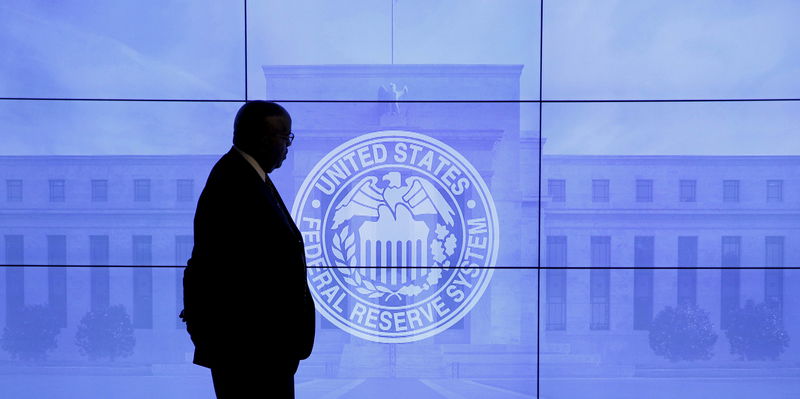
© Reuters.
(Reuters) – U.S. households still have some $500 billion in excess savings compared to before the COVID-19 pandemic that could support consumer spending late into this year, according to research published on Monday by the San Francisco Federal Reserve.
“Households on average, including those at the lower end of the distribution, continue to have considerably more liquid funds at their disposal compared with the pre-pandemic period,” researchers Hamza Abdelrahman and Luiz Oliveira said in the San Francisco Fed’s latest Economic Letter.
How long those excess funds could bolster spending, they wrote, depends on whether households now prefer to keep more in savings than before, or have changed their spending patterns or been able to find other income sources to replace expired pandemic aid.
At its peak, post-pandemic household excess savings totaled $2.1 trillion, the spending of which contributed to the high inflation that the U.S. central bank is continuing to fight with higher interest rates. Though most of that is now gone, the remaining $500 billion will likely “continue to support consumer spending at least into the fourth quarter of 2023,” they wrote.
Source: Investing.com





























